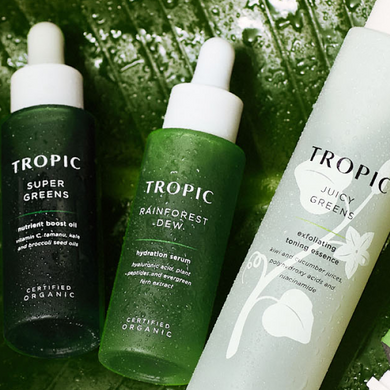Doing a good deed is obviously, on the whole, a net positive. But can we actually benefit from being kind to others?
Striving to ‘do good’ is a hallmark of the human condition; we are perennially seeking ways in which we can become more altruistic and cultivate a life of integrity. From a young age, social and cultural norms encourage us to show generosity and kindness. There’s even an international observance day dedicated to the cause: World Kindness Day, established in 1998 to inspire individuals to practise more compassion for the benefit of the greater good.
BUT WHY DOES DOING GOOD MAKE US FEEL SO GOOD?
Think about the last time you did something good. Maybe you complimented a stranger or went out of your way to help a friend. Reflect on how it made you feel. Pretty great, right?
A study conducted by the United Health Group found that 94 per cent of people who did some form of volunteering reported an improvement in their mental health. A different study established that participants who were asked to complete five acts of kindness a day said that they felt happier than those who didn’t. There’s a lot going on inside our bodies and brains to account for this correlation between doing good and feeling good.
MENTAL HEALTH
Lead Clinical Psychologist Dr Azza Aglan explains that “when we are kind to one another, it gives us a feeling of belonging. Kindness transcends inequality, isolation and alienation; it unlocks a sense of shared humanity and experience.”
“Kindness makes us feel more connected to those around us,” says Dr Azza. “And, in turn, this triggers the release of dopamine, serotonin, oxytocin and endorphins. We call these our ‘happy hormones’ because they work together to promote feelings of trust, pleasure and empathy.”
PHYSICAL HEALTH

Dr Aglan speaks of the important role these hormones play in supporting our physical health too: “Not only are these hormones incredibly important for our psychological wellbeing, but they also act as our body’s natural pain and stress relievers. In the same way that exercise releases these crucial brain chemicals, so does practising kindness and compassion.”
That explains why this study found that older adults who volunteered for at least 200 hours a year were 40 per cent less likely to develop hypertension (high blood pressure) than those who didn’t. That’s less than one hour a day of doing good. For those incredible health benefits, we’re struggling to find a reason not to be a bit more giving!
THE CYCLE OF KINDNESS
One act of kindness often has a domino effect. An interesting 2012 study found that just thinking about a good deed you’ve done can encourage you to do more of the same.
Dr Aglan calls this the ‘cycle of kindness’, explaining that when we’re kind to another person or a group of people it activates the brain’s reward system. “Witnessing the impact an act of kindness can have is incredibly powerful. There’s a positive reinforcement that’s elicited when we do good, making us much more likely to repeat the behaviour again. Kindness cultivates a trusting society, encouraging us to reach out to others and perpetuate the current of compassion.”
This relationship between doing good and feeling good is so well-evidenced that increasing models of therapy have compassion at their heart, recognising that practising kindness is one of the best ways in which we can regulate our emotions.
HOW CAN WE DO MORE GOOD?

Now that we know just how beneficial doing good is for all of us, we’re keen to incorporate as many good deeds into our lives as we possibly can! The Random Acts of Kindness Foundation have put together a brilliant resource full of creative and cost-free suggestions for ways we can all spread some goodness. You’re guaranteed to feel good, and you’ll make someone’s day in the process. That’s a win-win in our books!
The formula really is as simple as this: do good = feel good.

 Skincare
Skincare
 Sale
Sale
 Bestsellers
Bestsellers
 Makeup
Makeup
 Body Care
Body Care
 Men's
Men's
 Hair Care
Hair Care
 Mama & Baby
Mama & Baby




















